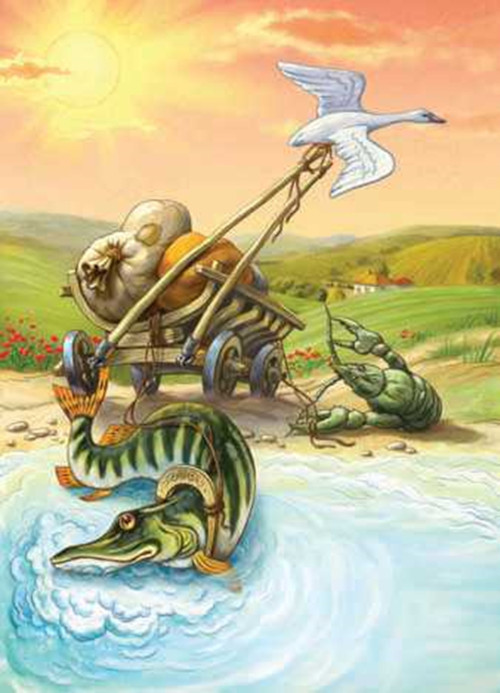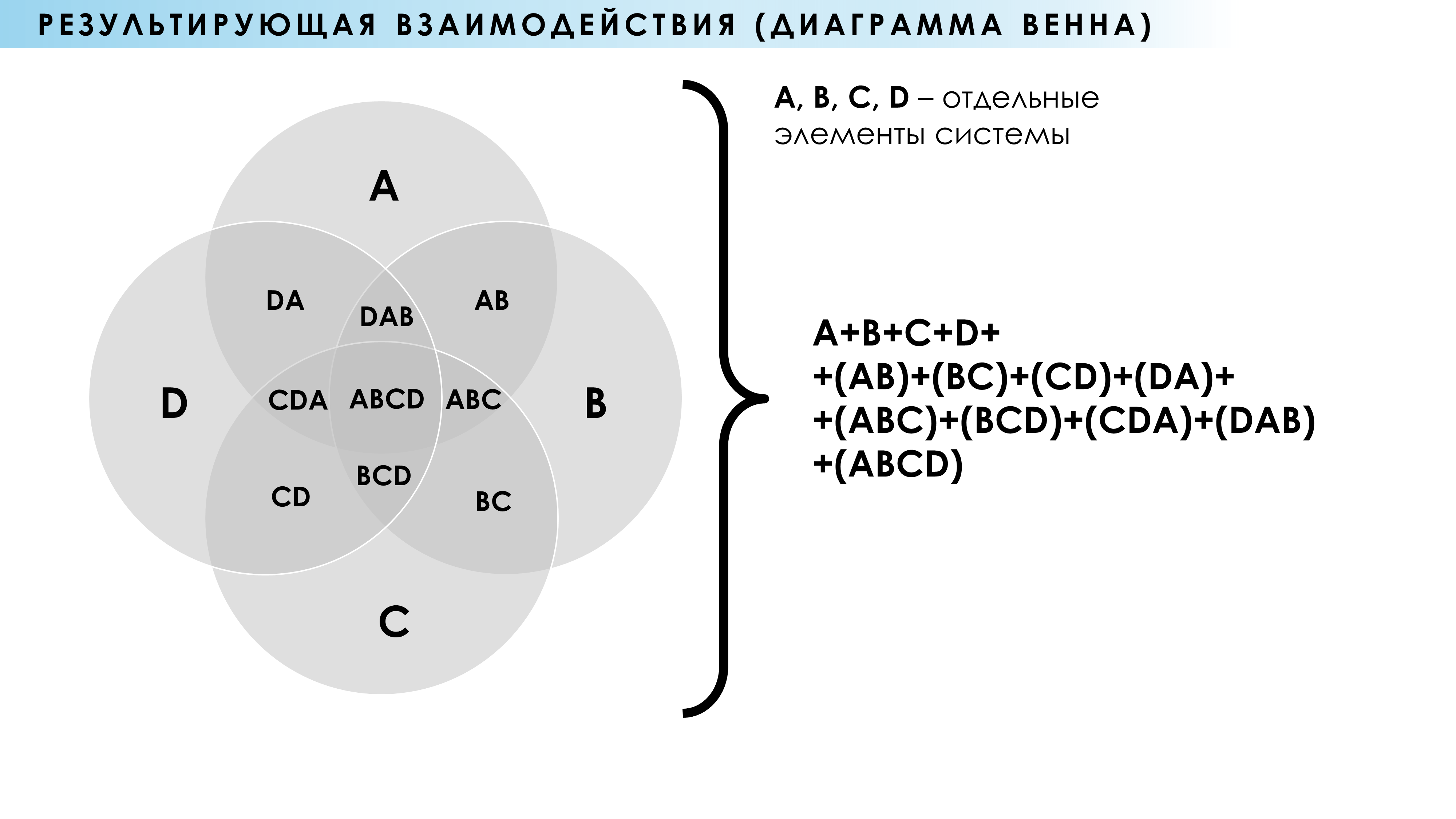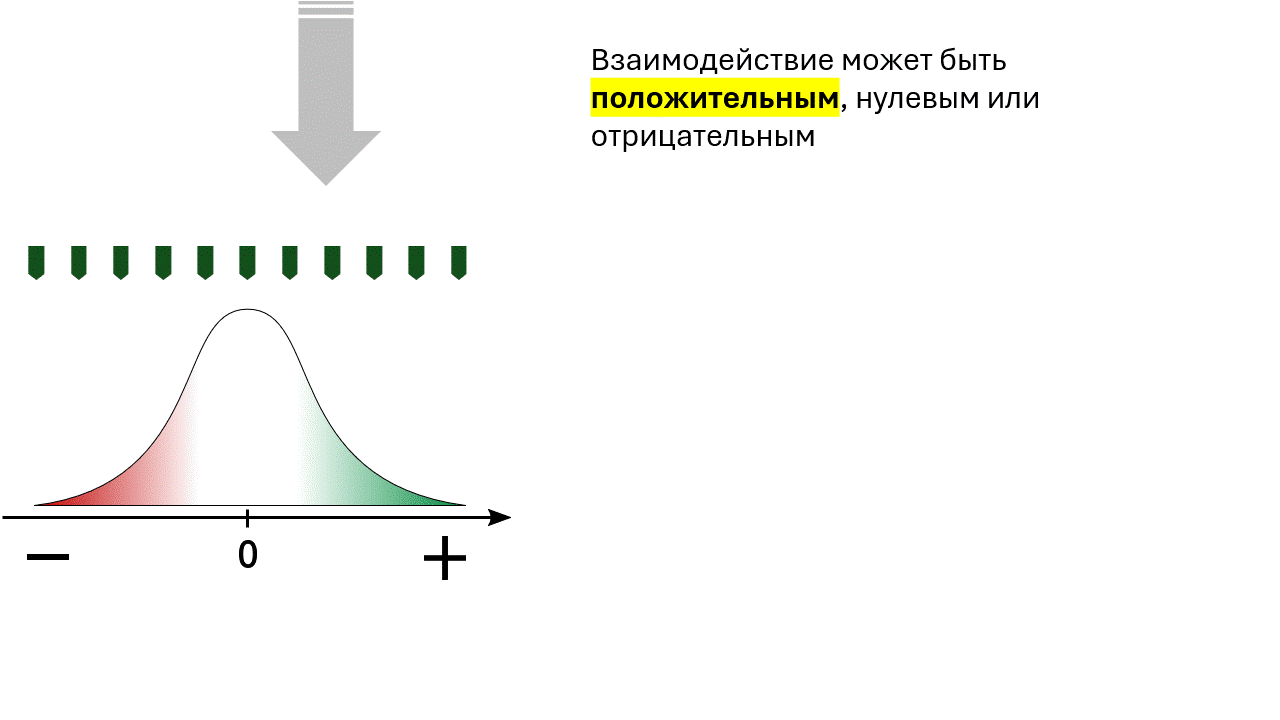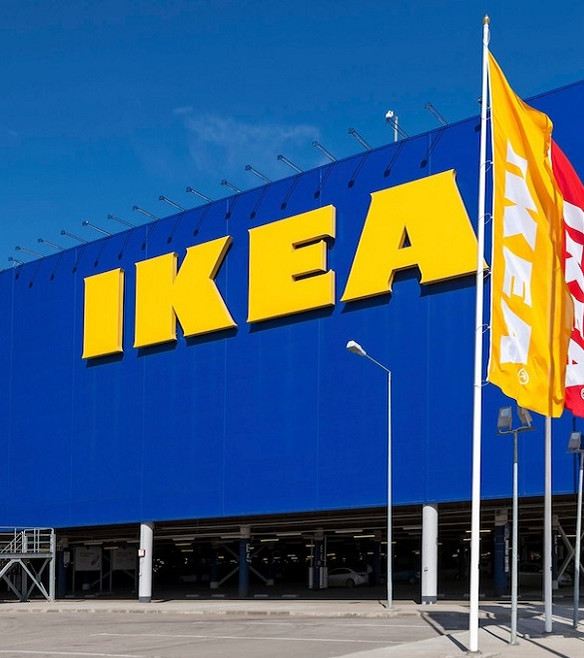The Misguided Appeal of Competition
"We grew up in competition between people, teams, departments, divisions; students, schools, universities. Economists taught us that competition would solve our problems. In fact, competition, as we now see, is destructive. It would be much better if everyone worked as a single system for everyone's victory. This requires cooperation and a new style of management. Transformation of the existing system is possible with the help. in-depth knowledge ".
The material was prepared by the scientific director of the AQT Center Sergey P. Grigoryev .
Free access to articles does not in any way diminish the value of the materials contained in them.

“When there is no agreement among the comrades, their business will not go well, and what will come out of it is nothing but torment.
One day Swan, Cancer, and Pike set out to carry a cart with luggage, and together the three of them harnessed themselves to it;
They are doing their best, but the cart is still moving!
The luggage would seem light to them:
Yes, the Swan rushes into the clouds, the Cancer moves back, and the Pike pulls into the water.
It is not for us to judge who is to blame and who is right; But the cart is still there."
“The performance of any component of a subprocess system must be assessed in terms of its contribution to the goals of the entire system, and not by its individual productivity or profit or by any other competitive criterion.
The efforts of the various departments of the company, each with its own purpose, non-additive ".


Rice. [3] Dr. Louis Letayf, worked at Ford Motor Company, now heads the School of Business at Boston University (adapted to a Venn diagram, S. Grigoryev).

"IKEA made the classic mistake of setting different goals for different groups in the company. But now those responsible for production, logistics, product development and process organization have a common goal - customer retention."
Personnel evaluations in the form of bonuses based on performance and certifications spur competition between company employees, elevating some (often undeservedly) and degrading others (also undeservedly). The company itself only loses from such competition.
Below is a test of a letter to Edwards Deming from a woman who attended his four-day seminar:
"You talked about the damage that grading and competition are doing to our children. I remember when my son (now a freshman at Florida State University) was in first grade. He went to a small private school in New Orleans. annual science fair. Students from the sixth grade and above prepared projects, students from lower grades could participate at will. My first-grader son decided to complete the project on his own. He brought it to school on the day of the fair. I was looking forward to seeing his project displayed at the stand. My son ran to school in the evening to see it. Some of the projects were marked with ribbons. But ours was not.
Some projects won, but my boy lost. After that, he didn't complete another science project until sixth grade."
Teamwork
"Teamwork is essential throughout the company. It allows the strengths of some to compensate for the weaknesses of others, and everyone can sharpen their minds through the questions posed by their colleagues. Unfortunately, annual performance reviews and rankings destroy teamwork. Teamwork is a risky business. Someone who tries to help other people may not get as much personal results to present on an annual assessment as if he were working alone."

In his book No Contest: The Case Against Competition, social psychologist Alfie Kohn debunks popular myths (paradigms) about competition:
- competition is an integral part of human nature;
- competition is more productive than cooperation in achieving success.
Alfie Kohn defines competition as any situation where the success of one person depends on the failure of another. In other words, in a competition, two or more parties pursue goals that cannot be achieved by all.
It clearly demonstrates that competition actually causes feelings of anxiety, selfishness, self-doubt and impoverishes communication.
Competition also spoils relationships between people. And Cohn is not talking about excessive, unhealthy competition, he is talking about all types of competition built on a win-lose principle. He proves the conclusion that the simplest cooperation makes people happier, develops a sense of security, and promotes productivity.
Throughout history, countless great and small achievements of mankind have been based on the simple desire of man to do better, without any thought of victory over others. This desire for mastery cannot be confused with competition.

“Sales competitions between different regions can also have a negative impact on innovation. By pitting one group of the organization against another, you create an environment in which “others become an obstacle to my success.” One group may stop sharing good ideas with others. , say, about how best to attract new customers or organize sales through a new distribution channel - out of fear that this will prevent her from winning corporate sales competitions."
“Internal competition and conflict, and the fear they generate, bring only evil.”